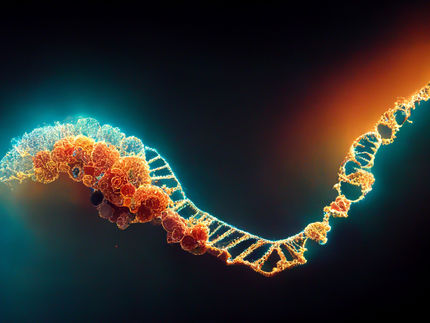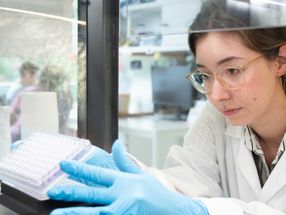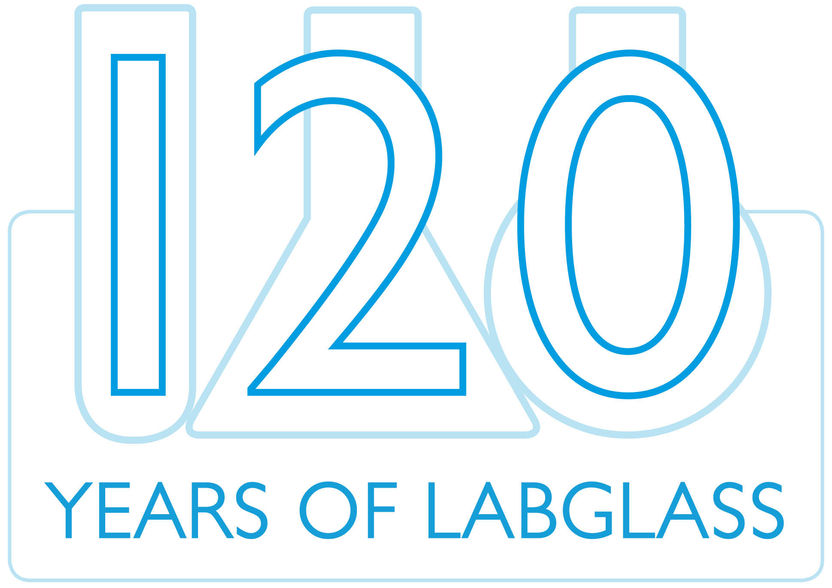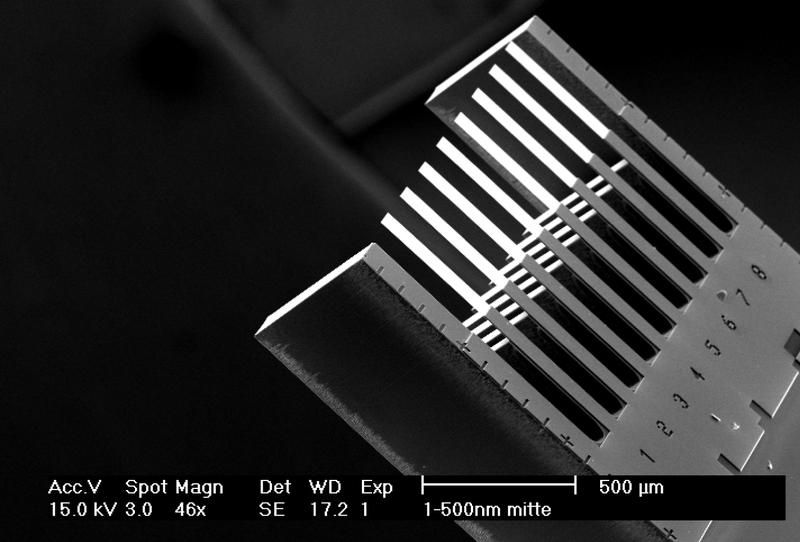AMT Receives € 1.1 Million Funding for Acute Intermittent Porphyria Gene Therapy as part of EU Consortium Grant
Advertisement
Amsterdam Molecular Therapeutics announced that the European Union (EU) has finalized a € 3.3 million grant to the AIPGENE consortium, of which AMT is a member, for the development of a gene therapy product for acute intermittent porphyria (AIP). AIP is a severe and progressive disease caused by the inability of the body to produce the heme protein, a component of hemoglobin, as well as other important proteins.
From the grant, made under the EU’s FP7 program, AMT will receive € 1.1 million. The grant will cover approximately 75% of AMT’s overall development costs to bring this product forward to completion of a Phase I/II study in humans. AMT holds the commercialization rights to the AIP gene therapy (AMT-021). The AIPGENE consortium is led by Fundación para la Investigatión Médica Aplicada (FIMA, Spain), and in addition to AMT, it includes Clínica Universidad de Navarra (Spain), Stockholms Läns Landsting (Sweden), Deutsches Krebsforschungszentrum (Germany), Digna Biotech (Spain) and Servicio Madrileño de Salud (Spain).
"This grant allows us to prioritize the development of our AIP gene therapy program for this progressive and devastating disease within AMT’s pipeline, as well as initiating the next step in advancing a potentially more effective, long-term treatment for patients," said Jörn Aldag, Chief Executive Officer of AMT.
AIP results from mutations in the PBDG gene, which encodes for the enzyme porphobilinogen deaminase, a liver protein necessary for the production of heme. AMT-021 is intended to provide long-term normalization of the PBGD protein in order to prevent acute attacks and their complications. AMT has demonstrated that AMT-021 produces this normalization of the PBGD protein in an animal model of AIP. In addition, it completely prevented the occurrence of attacks and significantly ameliorated the neuropathy that develops in untreated animals. AMT’s partner at FIMA has shown persistence of expression of genes in the liver for more than a year using AAV-mediated delivery methods similar to AMT-021. With the support of the all the AIPGENE partners, AMT anticipates AIP patient enrolment in a clinical trial to begin in 2012.
Other news from the department business & finance
Most read news
More news from our other portals
See the theme worlds for related content
Topic world Gene therapy
Genetic diseases once considered untreatable are now at the center of innovative therapeutic approaches. Research and development of gene therapies in biotech and pharma aim to directly correct or replace defective or missing genes to combat disease at the molecular level. This revolutionary approach promises not only to treat symptoms, but to eliminate the cause of the disease itself.

Topic world Gene therapy
Genetic diseases once considered untreatable are now at the center of innovative therapeutic approaches. Research and development of gene therapies in biotech and pharma aim to directly correct or replace defective or missing genes to combat disease at the molecular level. This revolutionary approach promises not only to treat symptoms, but to eliminate the cause of the disease itself.




























































